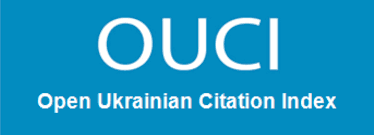SOME BIOCHEMICAL PARAMETERS OF BLOOD OF PIGS USING GM SOY IN THEIR DIETS
S. G. Zinoviev
Institute of pig breeding and Agroindustrial production NAAS,
Shvedska Mohyla, 1, Poltava, 36013, Ukraine
Biotechnology projects have long crossed from scientific knowledge in the area of industrial and commercial use, and the achievements of genetic engineering used for the production and development of new varieties of plants and breeds of animals with a variety of new features that were absent in the parental forms. Many see genetic engineering means of solving global problems, primarily food and environmental. At the same time, in the world of science has accumulated a lot of evidence of the existence of potential and actual biological risks in the commercial use of transgenic plants. That is why the study of the effect of GM soy on blood biochemical status of the pigs as similar to the object model of the human body is important. Studies were conducted on the number of pig’s analogues of 24 heads (8 gilts and boars in group). In the diet of pigs included 10% full fat extruded soybeans in the control group varieties «Vorskla» (without GMO) in the experimental (GMO, RR, GTS 40.3.2). An analysis of the data set as age-related changes of biochemical blood parameters of growing young pigs, and related to the use of GM soy in the diet. Putting 10 % of genetically modified soy in the diet of growing young pigs has significant effect (p=0.000025 and p=0.000017) on the increased activity of aspartate and alanine aminotransferase, and the concentration of inorganic phosphorus in the blood of 8-month-old pigs, as compared to 4-month animals (p=0.04) and compared with controls (p=0.01). This may indicate a negative influence of GM soy as the condition of the liver and myocardium. Other studied parameters in the control and experimental groups did not differ significantly pigs, and are found only age-related changes.
Keywords: PIGS, SOY, GMO, BLOOD, METABOLISM, CRUDE PROTEIN, TRANSAMANASES, GLUCOSE, CHOLESTEROL, CALCIUM, PHOSPHORUS














